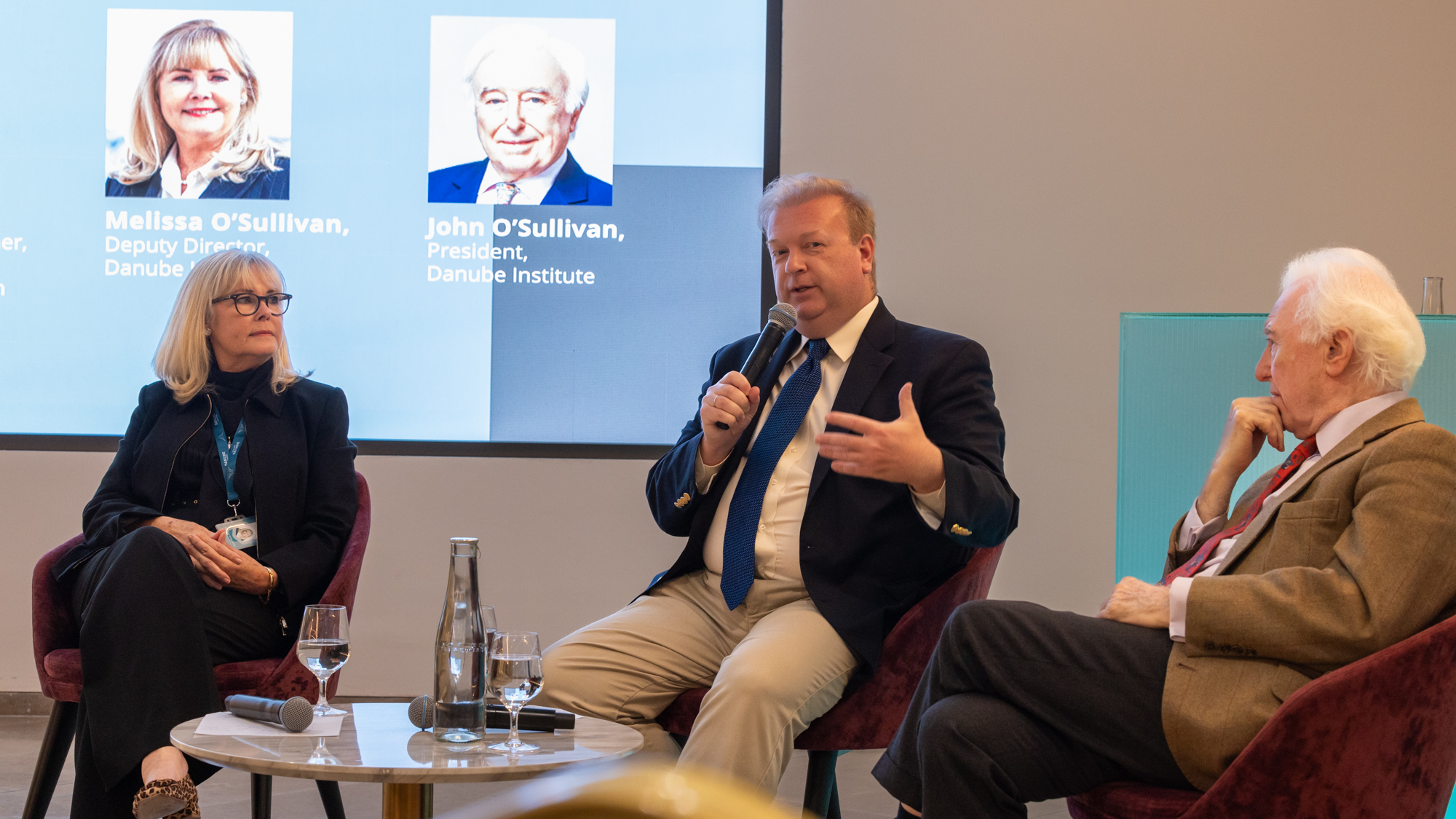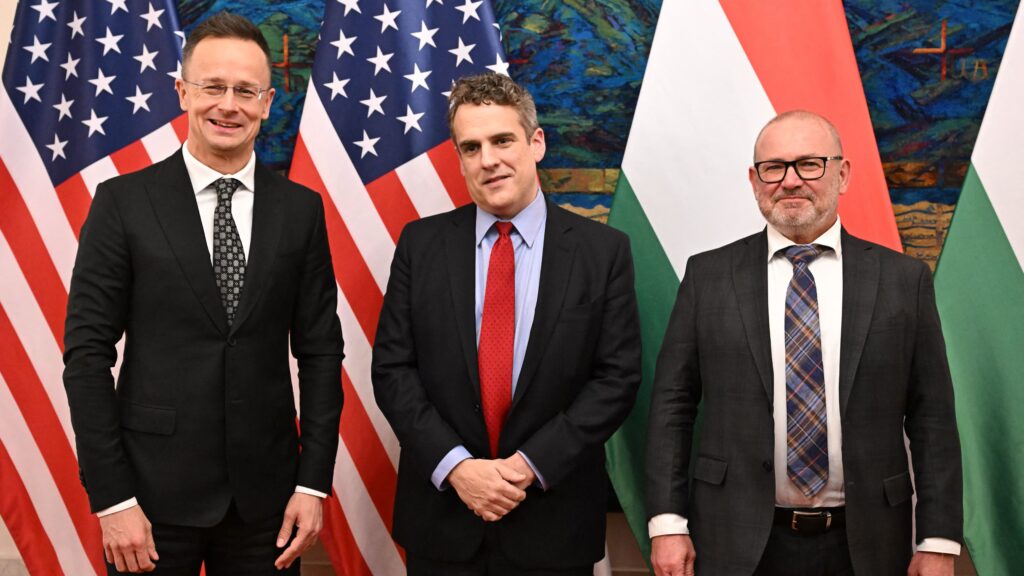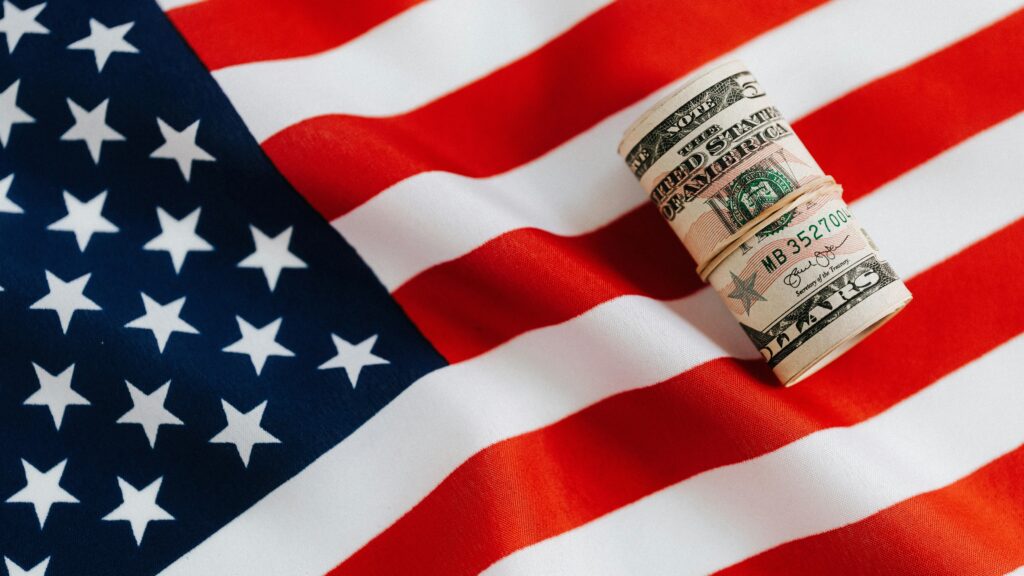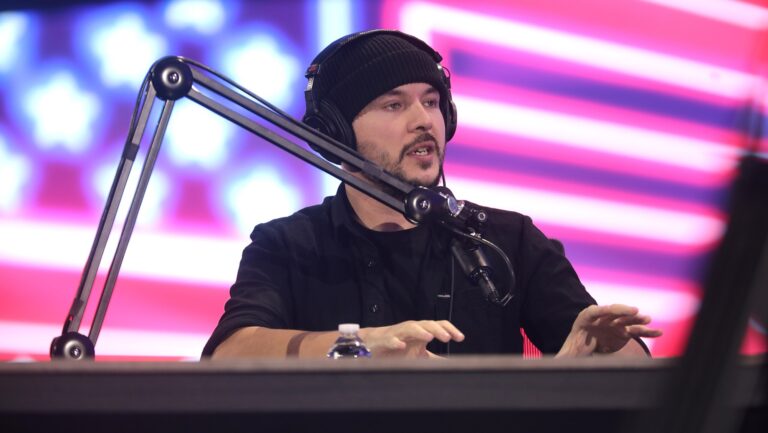In recent years, the state of Florida has frequently been highlighted in both the US and international media as a stronghold of American conservatism. Just over a decade ago, in 2012, then-Democratic presidential candidate Barack Obama narrowly defeated his Republican rival, Mitt Romney, in the Sunshine State. However, since then, Donald Trump has carried Florida in both the 2016 and 2020 elections. Since 2018, the state has been governed by Republican Governor Ron DeSantis, under whose leadership Florida has experienced significant growth and transformation.
But what is the secret behind Florida’s shift to becoming a bastion of conservatism, and what does the future hold? These were the topics of discussion at a roundtable hosted by the Danube Institute in Budapest on Thursday evening featuring President of the Palm Beach Institute Paul du Quenoy alongside Melissa and John O’Sullivan, Deputy Director and President of the Danube Institute. respectively.
A Deep-Rooted Cause: Florida’s Frontier Culture
Paul du Quenoy began by noting that while Florida’s emergence as a Republican stronghold has gained significant attention in recent years, the process actually began in the 1990s, with its roots reaching back even further. ‘Florida is a frontier state; it became part of America due to frontier expansion. As a result, the so-called frontier culture has always been very strong here,’ he explained. He added that this frontier culture in Florida gave rise to unique traditions and a deep-seated distrust of central authority. This mindset can be traced back to the founding of the state, when it embraced core conservative values that remain deeply ingrained to this day.
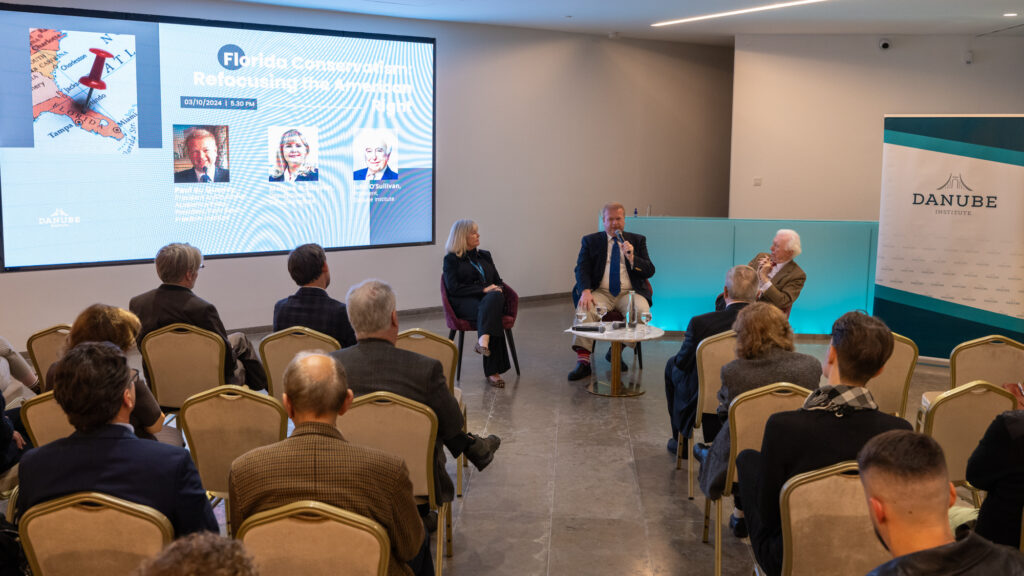
The President of the Palm Beach Institute noted that in the 1990s, a shift in the political alignment of voters in Southern states, including Florida, began to take shape, as traditionally Democratic states turned Republican. In 1996, Florida saw a Republican majority in its legislature for the first time in decades and has been led by a Republican governor since 1999. Therefore, it is not accurate to say that this transformation began with Ron DeSantis’s election, although there is no doubt that it was under his leadership that Florida solidified its current political identity.
The DeSantis Effect Shaping Florida
Florida drew significant media attention during the COVID-19 pandemic when DeSantis defied federal policy by keeping the state open. Schools and kindergartens remained operational, jobs were preserved, and the economy suffered far less compared to the rest of the United States and other parts of the world. According to Paul du Quenoy, this approach can largely be attributed to the strong sense of freedom inherent among Floridians, earning the state the nickname ‘The Free State of Florida’.
According to the President of the Palm Beach Institute, Governor DeSantis is defined by his use of institutional power to enact positive change and promote conservative values. One of his key achievements has been a comprehensive education reform that reshaped the leadership of Florida’s universities, which, like many in other US states, had been dominated by radical leftists. This reform has moved the institutions toward a more neutral stance. Consequently, Florida’s education system, from elementary and secondary schools to universities, is now considered among the strongest in the United States.
‘Low taxation, low regulation, and law and order—all the factors of success are here’
The Sunshine State stands out in other areas as well: its economy is one of the fastest-growing among US states, its unemployment rate is half the national average, and its crime rate is low. ‘Low taxation, low regulation, and law and order—all the factors of success are here,’ Paul du Quenoy remarked. Florida is also the fastest-growing state in the country in terms of population, and there is a specific reason for this: Americans, whether Democrats or Republicans, are moving to Florida in large numbers from northern states—particularly from New York.
‘And what happens to those Democrats who move to Florida? They become Republicans,’ the President of the Palm Beach Institute noted, adding that seven times as many Democrats switch to the Republican Party in Florida as the other way around. ‘You can walk around Palm Beach in a MAGA hat, and people will probably want to shake your hand.’
Florida As the Future of the American Right
In response to a question, Paul du Quenoy observed that if Florida represents the Republican future of the United States, then California represents the Democratic vision for the country. ‘It likely has the worst economy among US states, a declining population, and rising crime rates, with a significant increase in murders,’ he noted. In contrast, he highlighted that Miami currently has the lowest crime rate in its history since DeSantis became governor, unlike cities such as San Francisco.
Florida is often compared to Hungary due to its prevailing conservative values and the policies implemented in the state. ‘Florida is setting an example for other US states, just as EU Member States should follow Hungary’s lead,’ Paul du Quenoy remarked.
Speaking on the future of the state, he opined that it is unlikely Florida would shift politically.
‘Unless you can convince a majority of my fellow Florida residents that they would be better off with higher taxes, more regulation, less control over their children’s education, fundamentally unstable and potentially corrupt elections, and, generally speaking, fewer rights, fewer opportunities, more obstacles to starting businesses, and greater government interference in their lives—unless and until that happens, Florida will remain not only a red state, but also a free state,’
the President of the Palm Beach Institute concluded.
Related articles:

